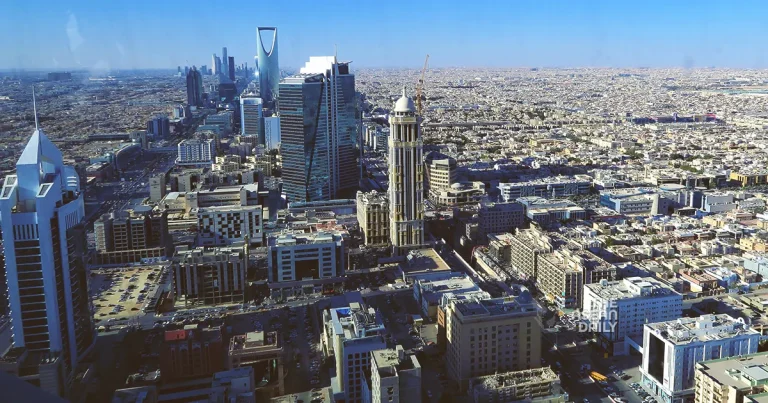13-10-2023 (SINGAPORE) A momentous summit between leaders of the Association of Southeast Asian Nations (ASEAN) and the Gulf Cooperation Council (GCC) is set to take place on October 20, fostering closer economic and energy collaboration between countries in Southeast Asia and the Gulf region. This historic meeting comes amid shared concerns over global superpower rivalries, a sentiment echoed by experts.
The GCC, comprising nations such as Saudi Arabia, Kuwait, the United Arab Emirates, Qatar, Bahrain, and Oman, first established ties with ASEAN in 1990. The forthcoming summit in Riyadh is anticipated to strengthen and invigorate this enduring partnership.
In recent years, ASEAN has been enhancing its relations with several dialogue partners, including the US, China, India, Japan, and Australia, elevating these associations to Comprehensive Strategic Partnerships (CSPs). CSPs represent the highest level of engagement between the bloc and its partners, symbolizing the depth and breadth of their relations.
Turning to the Middle East, ASEAN now seeks to expand cooperation with the region. The ties between these two regions have been progressing, with all six GCC member states having recently signed ASEAN’s peace pact, the Treaty of Amity and Cooperation. Kuwait, most recently in September this year, joined this accord.
While foreign ministers from both blocs routinely convene each year on the sidelines of the United Nations General Assembly in New York, the upcoming Riyadh summit will mark the first-ever gathering of the leaders of these nations.
Dr. Jean-Loup Samaan, a senior research fellow at the Middle East Institute in the National University of Singapore, observed, “For a long time, the relationship was quite modest, to be honest. It was mostly about cultural exchange, but on both sides, I think there was a certain level of benign neglect.”
Ms. Sharon Seah, a senior fellow and coordinator of the ASEAN Studies Centre at the ISEAS-Yusof Ishak Institute, noted that in the early years of any organization’s institutional life, the primary focus is typically on strengthening relationships among its members—a goal that the GCC has mainly pursued thus far.
Ms. Seah expects that both sides will agree on an action plan during the summit to advance the ASEAN-GCC relationship. “They will expand linkages into trade, investment, and cooperation in the energy space. We’re actually talking about a transition into clean energy because of climate change. These are concerns that both sides share,” she remarked. “There’s also interest in expanding the halal food industry and developing standards in this area.”
The decision of the GCC to enhance its connections with Southeast Asian nations is motivated by the current geopolitical landscape. Dr. Samaan explained, “More and more Gulf states are finding themselves in the midst of US-China competition. You have states such as the UAE or Saudi Arabia that have been deepening their ties with China in terms of connectivity.”
He added, “And those are countries that historically were close partners of the US, so they find themselves in a delicate spot today.” Consequently, the Gulf bloc is looking to ASEAN as a potential model for navigating this complex terrain.
ASEAN has historically maintained a neutral stance in global geopolitics, avoiding becoming a proxy for any major power. As the GCC expands its outward-looking policies, a closer alliance with Southeast Asian partners is expected to bring mutual benefits to both sides.




